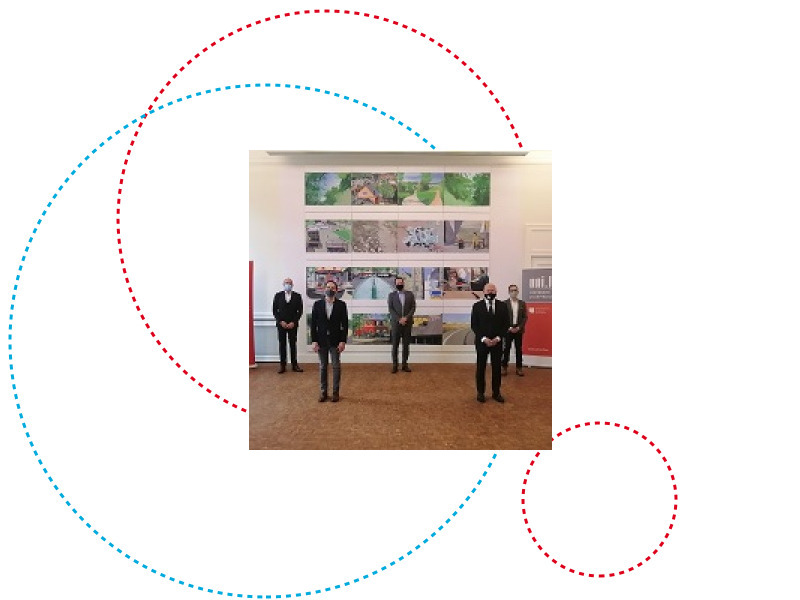During the last legislative period, the Luxembourg government set up for the first time two citizens’ assemblies which aimed to consult citizens on the way forward in terms of climate policy.
The “Biergerkommittee”, a group of 30 citizens set up at the request of the Ministry of Energy and Spatial Planning, aims to support the international consultation “Luxembourg in Transition”. This citizens’ assembly issued recommendations to the government relating to Luxembourg’s sustainable transition and environmental protection in the context of regional planning. The “Klima-Biergerrot” was commissioned by the Ministry of State. A hundred citizens are members and its mission is to express themselves on Luxembourg’s current commitment to the fight against climate change within the framework of the Integrated National Energy and Climate Plan (PNEC).
The main objective of citizen assemblies, which have already been tested in several countries – such as Ireland, Denmark, France, or Finland -, is to give resident and cross-border citizens the opportunity to participate in the development of recommendations on how the territory should be organised to achieve climate objectives. They represent voices that complement those of experts and civil society, enriching discussions on climate reforms. The aim of the assemblies is to make political decisions more inclusive, socially acceptable and legitimate for the entire population.
As part of this unprecedented democratic experience for Luxembourg, the University of Luxembourg is carrying out a project to evaluate the quality and impact of the two processes. This research also fosters reflection on how deliberative instruments for developing public policies can best be reproduced and integrated into the current representative system. The project is led by the research team of the Luxembourg Platform for Participatory Democracy (PLDP), composed of Dr. Emilien Paulis, Lisa Verhasselt and Dr. Raphaël Kies (coordinator).
The conclusions of this study will be presented during a public conference “Citizens’ Assemblies in Luxembourg: Lessons from the Biergerkommitee and the Klima Biergerrot”, on Wednesday 24 January in Luxembourg City at the Rotondes. In addition to presenting research findings, researchers and partners will animate a round table adressing how to strengthen citizens’ climate assemblies in Luxembourg.
The reports, which are accessible on the pdlp.lu website, evaluate the processes themselves, including the organisation, participants selection, participation information, deliberations, facilitation and decision-making. They further cover the experience of members and the impact of citizens’ assemblies on politics, the public and debates. The evaluation is based on surveys of members and the population, semi-structured interviews with members, the organisation and moderators; non-participant observation; document analysis; and review of media coverage.
The analysis reveals that these are overall virtuous initiatives that served as an essential platform for democratic deliberations, promoting diversity of perspectives, informed discussions and the search for consensus. In an ever-changing landscape of participatory democracy, the Biergerkommitee and the Klima Biergerrot serve as a valuable model for deliberative decision-making, demonstrating both possibilities and areas that require improvement. As citizen participation advances, efforts to strengthen inclusiveness, reduce resource intensity and accelerate policy impact will be essential to further consolidate its success as a democratic instrument.
Citizens’ Assemblies in Luxembourg
The event “Citizens’ Assemblies in Luxembourg” will be held on Wednesday 24 January 24 starting at 4.30 at the Rotondes. The conference is free, translation support will be available.

